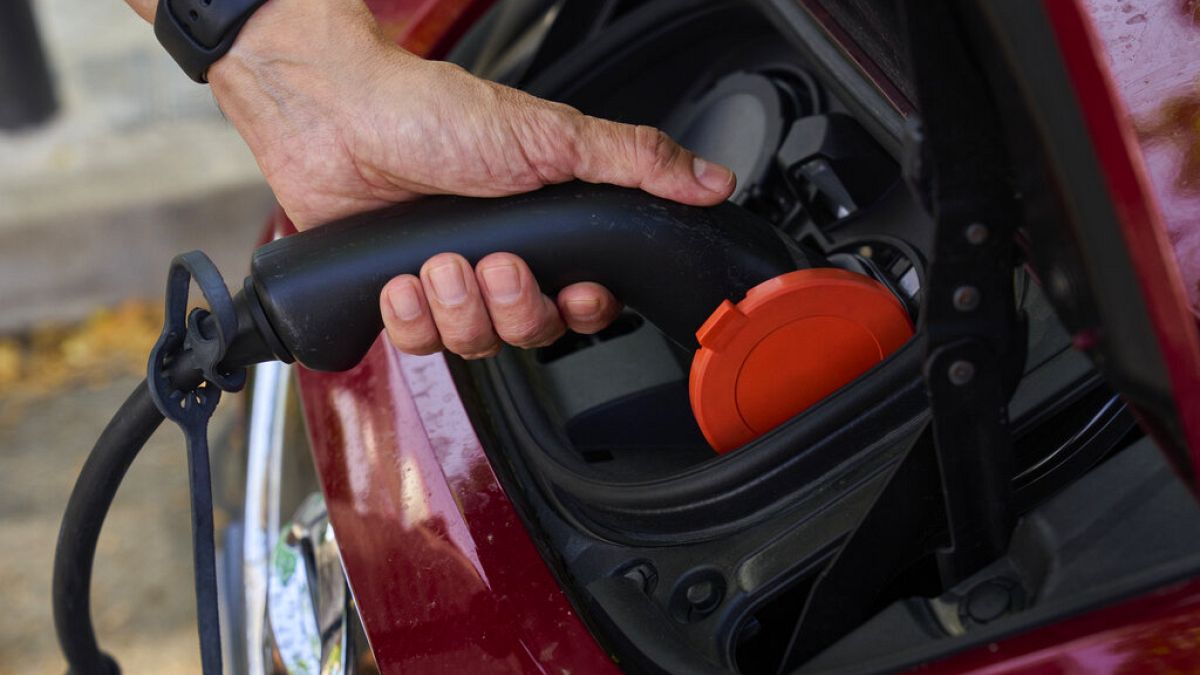AMG Lithium recently opened Europe’s first lithium refinery in Bitterfeld-Wolfen, Germany, with the capacity to produce enough lithium hydroxide for 500,000 electric cars per year. The refinery took just over two years to build and cost approximately 140 million euros. Most of the plant’s lithium will be sourced from Brazil, with plans to utilize lithium extracted from European mines in the future. The primary task of the refinery is to convert raw lithium material into battery-compatible lithium hydroxide, a crucial component in the production of electric vehicle batteries.
The launch of this lithium refinery comes at a significant time, as the demand for lithium continues to rise due to the global shift towards green energy and the increasing popularity of electric vehicles. The European Union proposed a Critical Raw Materials Action Plan in 2020 in an effort to decrease Europe’s reliance on external sources for critical materials like lithium. By producing their own lithium hydroxide, Europe can reduce its dependency and ensure a stable supply for the growing electric vehicle market. The Managing Director of AMG Lithium, Stefan Scherer, emphasized the importance of lithium-ion batteries in enabling high performance and range for electric vehicles.
Lithium-ion batteries have become the standard power source for most hybrid and electric vehicles, given their superior performance and efficiency compared to traditional internal combustion engines. As the demand for electric vehicles continues to grow, the need for lithium production has also increased. By establishing a lithium refinery in Germany, AMG Lithium is positioning itself as a key player in the European lithium market and contributing to the expansion of electric mobility within the region. The refinery’s production capacity of 20,000 tonnes of lithium hydroxide annually will play a significant role in supporting the production of half a million electric cars each year.
The transition to green energy and the uptake of electric vehicles are crucial steps towards reducing carbon emissions and mitigating the impacts of climate change. As countries around the world commit to ambitious clean energy targets, the demand for lithium and other critical materials is expected to continue to rise. By investing in lithium production facilities like the one in Bitterfeld-Wolfen, Europe is taking proactive steps towards securing a stable supply chain for essential raw materials. The completion of Europe’s first lithium refinery marks a significant milestone in the region’s efforts to strengthen its position in the electric vehicle market and achieve greater energy sustainability.
In addition to supporting the electric vehicle market, the lithium refinery in Bitterfeld-Wolfen will create new job opportunities and boost economic growth in the region. The construction and operation of the refinery have already generated employment and stimulated local businesses, contributing to the development of Bitterfeld-Wolfen as a hub for green technology. As the demand for electric vehicles continues to rise, the lithium refinery is expected to play a crucial role in meeting the growing need for lithium hydroxide in Europe, thereby supporting the expansion of the electric vehicle industry and promoting sustainable transportation solutions. By producing domestically sourced lithium hydroxide, Europe can further enhance its energy independence and reduce its carbon footprint, paving the way for a cleaner and greener future for the region.





















